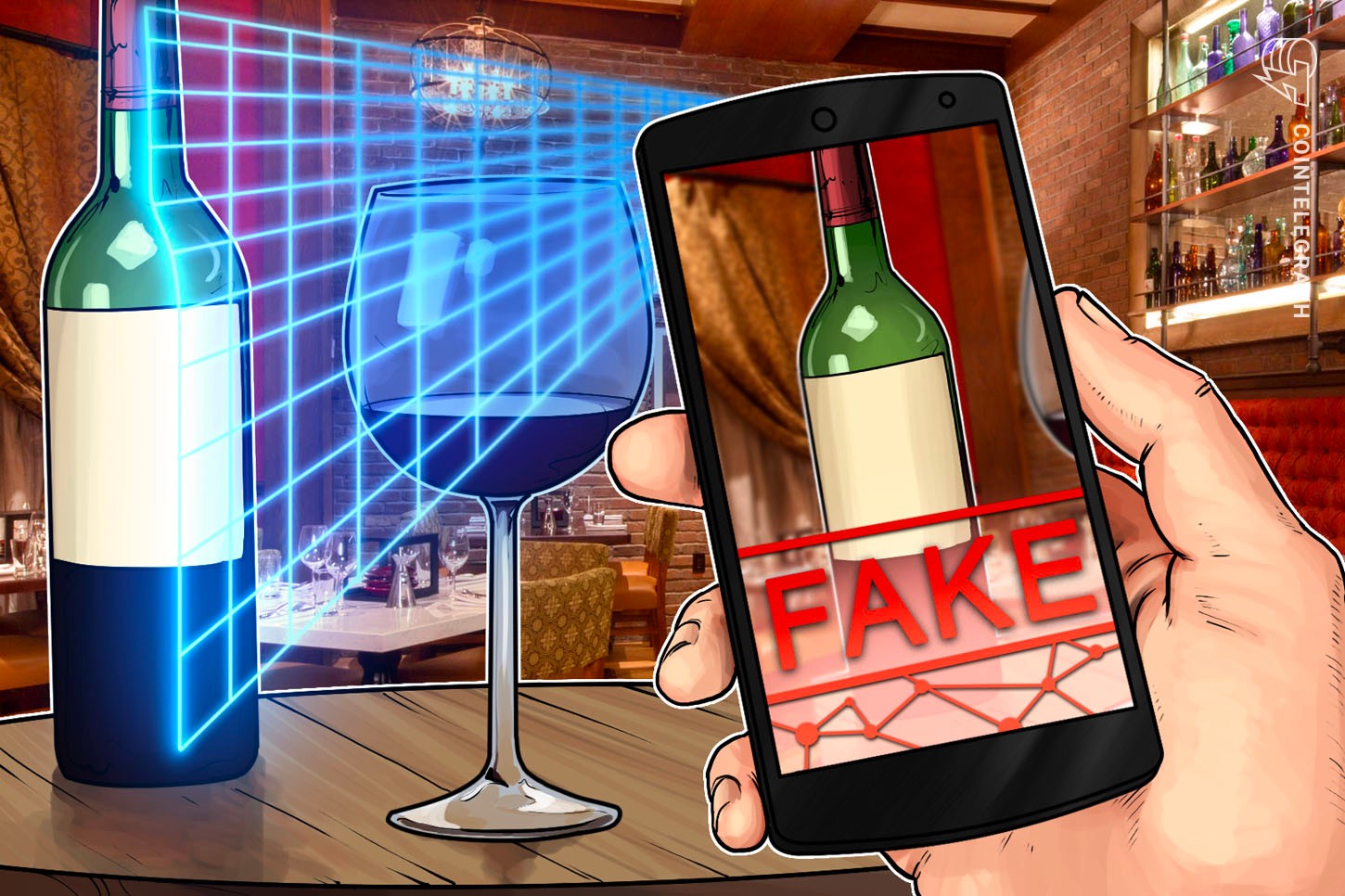Oranco, a Chinese alcohol wholesaler and marketer that specializes in Fenjiu liquor and imported wines, is currently testing a blockchain solution to guarantee the authenticity of its products.
According to a press release on July 26, Oranco subsidiary Fengyuang Huaxin Liquor Development partnered with the blockchain- focused company Guangzhou Silicon Technology (GSTC) almost one year ago. The two companies agreed to co-develop a solution for identifying Oranco’s beverages as genuine.
The solution reportedly features proprietary anti-counterfeiting laser recognition, along with blockchain technology as a means to track and certify the alcohol products.
This purportedly occurs in two steps. First, GSTC is tasked with verifying that some given product is authentic. Second, GSTC will reportedly use the new blockchain solution to issue a digital ID for the product on a blockchain.
Oranco president Peng Yang believes that with this new blockchain-based assurance, the company’s products will increase in value:
“We believe the verification capabilities of blockchain will enable us to credibly assure the origins and authenticity of our premium alcoholic beverages. This technology will assure the authenticity and further build the value of our premium products.”
Blockchain a boon for vintners fighting fakes
A number of wine and liquor producers are also using blockchain solutions to track and demonstrate the authenticity of their products, as the market for fakes becomes a multi-billion dollar industry.
In May 2018, VeChain, a Shanghai-based blockchain startup, announced it was testing a blockchain application to verify of the wine supply chain to fight counterfeits. As part of the project, VeChain parentered with Shanghai Waigaoqiao Direct Imported Goods to begin testing with products from French producer Pierre Ferraud and Fils.
In October of the same year, Overstock.com venture capital subsidiary Medici Ventures invested in Israel-based firm VinX to develop a blockchain-powered wine futures platform. VinX stated that the tokenized trade of wine would create a secure supply chain that assures the provenance of listed wines and thus reduces fraud in the industry.


